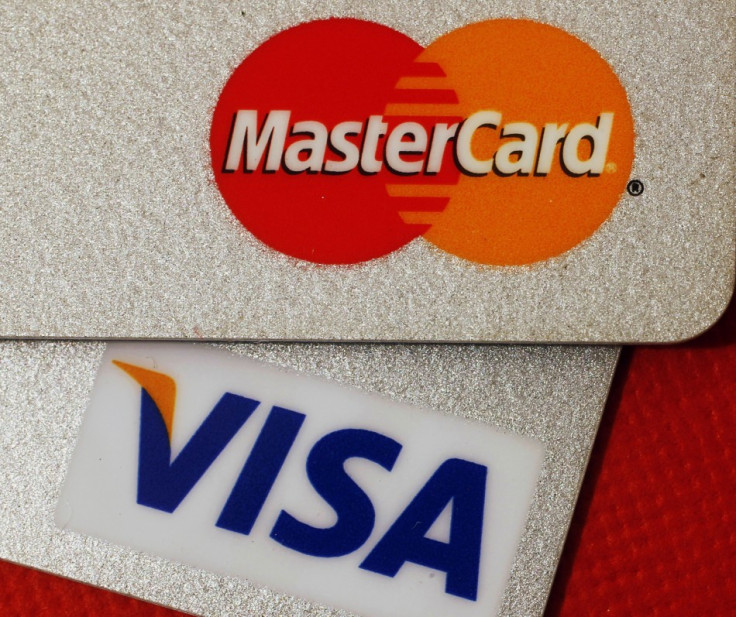Credit Card 'Rip-off' Surcharges Banned by Government

The UK Treasury will ban excessive hidden credit and debit card surcharges.
The levies, added to purchases made with debit and credit cards, cost customers more than £300 million a year.
Despite the additional cost to the retailer of carrying out a card payment often being as little as 10p, the charges can be significant for the consumer. Budget flight Ryanair adds an average of £6 a ticket, which can be nearly a third of the low-cost flight's price.
The UK Treasury is planning to crack down on the extra charges, which are often added to a customer's bill late in the payment process.
Treasury financial secretary Mark Hoban will announce consultations to ban the practice of surcharges branded "excessive". Instead, the retailer will include a small charge to cover their own cost.
It is hoped that the practice will be stamped out across the retail sector by the end of 2012.
The decision will see the UK halt the practice two years before an EU Consumer Rights Directive comes into forces banning businesses in several sectors from imposing the surcharges.
"We want consumers to be able to shop around. They have a right to understand the charges they may incur up front and not be hit through a hidden last minute payment surcharge," said Mr Hoban.
"We're leading the way in Europe by stopping this practice. The government remains committed to helping consumers get a good deal in these difficult times."
Consultation on the proposed changes will be published in the new year.
The government's plan follows a report from the the Office of Fair Trading (OFT), itself responding to a 50,000 vote-strong campaign from consumer group Which? protesting against the excessive charges on air travel.
The OFT report found that the surcharges were "potentially misleading" and could come as a surprise.
"The growth of internet retailing has brought massive benefits but the increasing use of card surcharges is not one of them," said Cavendish Elithorn, senior director of the OFT's Goods and Consumer Group.
"Consumers find it harder to shop around and find the best deal if they have to invest time and effort in discovering surcharges. This also weakens competition between retailers, which is bad news for the UK economy."
Miranda Akhurst, spokeswoman for Which? called the announcement a "great victory for consumer rights".
"We are delighted that the government will be taking this action as we've been campaigning on it for the whole year," she told International Business Times UK.
"These charges have slowly but surely managed to creep up over the last few years as there has been no law stopping it from happening and customers see it as a rip-off.
"This has been a real bugbear for people as they found shopping around difficult. They felt that if charges like this were going to be put into effect they should be a part of the up-front cost, not to mention the fact that it is annoying as people are paying for the privilege of paying.
"It's great to see that this will be clamped down on, although the government is going to have to work hard to ensure that the terms are really clear so that the retailers don't make up their own estimations of their costs."
© Copyright IBTimes 2025. All rights reserved.





















